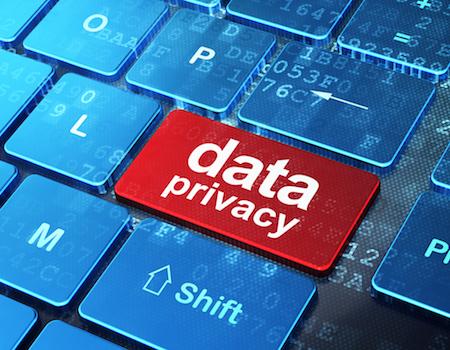In Search Of: Unicorns, Big Foot, and Data Privacy
Monster hunters may have spent years hunting for Big Foot, and unicorns may be popular ideas in fairy tales. But like data privacy, they don't really exist. Data protection is what we have instead.

What does data privacy have in common with unicorns and Big Foot? All three are legends, folklore, myths, socially transmitted oral traditions, etc. With the plethora of programmers, analysts, DBAs, auditors, and hackers (both domestic and international) it is very hard to keep data private. What most organizations strive to practically achieve is data protection.
Data protection can be achieved in several ways. First, data can be anonymized; all personally identifiable information can be removed and replaced with customized identifiers. This practice is often done when converting sensitive/confidential data into public-use data for research purposes. Second, data can be encrypted for point-to-point transmission across private and public networks. Third, data stored in digital files can be password protected. Fourth, data sharing can be protected via legal agreements between the primary custodian and a secondary custodian. In short, it is nearly impossible to keep data untouchable, but there are ways to control access to it.
Why so much interest in data and the need to build a fence around it? Because data has market value. Databases are imbued with the power to create wealth. Databases contain customer income and spending characteristics, Databases contain genetic markers and biological traits. Databases show us where registered voters live. Databases show us which neighborhoods are wealthy, which neighborhoods are well educated and which neighborhoods have balanced mixes of homes and apartments. Databases facilitate national and international security. Databases allow us to store health records on cloud servers so that they are retrievable in case of natural disasters. Databases show where registered sex offenders live. Data allows us to explain and predict natural, behavioral and social phenomena.
Accordingly, data creates career paths. Any field with 'ology' as the suffix needs data. Data created Sybase, Oracle, and MS Access professionals. Data created private/public key certification programs. Data created data warehousing professionals. Data created Dropbox, iPad cloud storage and the Google search engine. To the extent that complementary and supplementary professions/industries depend upon data, there is a need to sustain it at all costs.
In that light, data is seldom truly private. Pragmatically the goal is to protect it/control access to it. And to the extent that data is synonymous with currency, custodians can be tempted to trade access to it. Think about your social security number. Who has it? The IRS, MVA, your health care provider, your health insurer, your employer, your bank, perhaps a branch of the military or corrections system -- a lot of entities have your personal identification number. Hence, your most direct identifier is far from private, but it is protected (we hope -- I was also a victim of the data breach by China). And it has high market value.
About the Author(s)
You May Also Like







